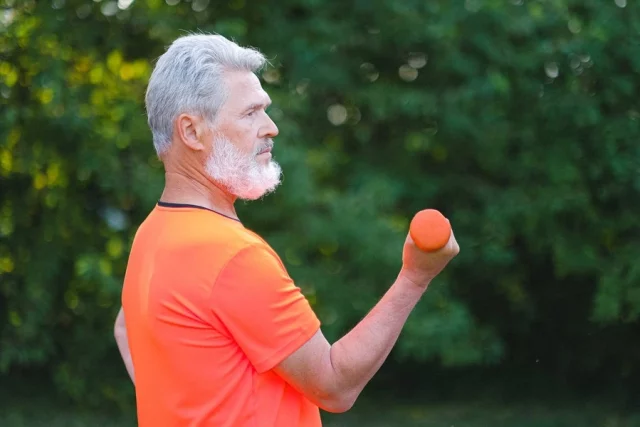As people age, they go through several physical and personality-related changes that can affect various aspects of their lives. Family members and healthcare institutions must address these issues proactively in order to avoid further adversities. According to the National Council on Aging, close to 92% of elderly have at least one chronic disease, and 77% have at least two.
These statistics call for increased awareness as well as preventive measures to help seniors mitigate the risks of serious illnesses.
In this post, we will discuss the five e most common health problems found in older adults and ways to manage their risks.
Cardiovascular Problems
Heart-related problems are among the most common diseases associated with old age. Older people tend to experience deteriorated heart health due to several reasons. Many people ignore apparent signs of heart disease, which reflects in the increased fatality rate. Let’s look at a few ways to mitigate the risk and manage cardiovascular issues.
- Firstly, try to stick to heart-healthy foods.
- Quit smoking and reduce your alcohol consumption.
- Get regular exercise. We recommend 15-30 min cardio for at least 3 days a week.
Diabetes
Although diabetes is now commonly seen in people of all age groups, it still poses a higher risk to older people. Uncontrolled blood sugar can be the cause of several other severe illnesses. It can affect some of the most vital organs in your body, including your heart and kidneys. Let’s see how you can mitigate the risk of developing diabetes or maintain safe levels if you’re already diagnosed with it.
- Cut down on idle time and try to remain active throughout the day
- Develop healthy dietary practices
- Periodically check your HBA1C levels
- Take your medicines religiously.
Dehydration
There are several reasons that can cause dehydration in older adults. For instance, older individuals tend to have a weaker digestive system. Eating the wrong foods can easily cause problems such as diarrhea in the elderly. Such problems can lead to dehydration.
The lack of required body fluids can further cause problems for an elderly person, such as urinary tract infections, electrolyte imbalance, etc.
Let’s look at how to prevent and manage dehydration.
- Drinking plenty of water. You can also take electrolyte-rich beverages.
- Cut down on alcohol and caffeine, which can be dehydrating.
- Consume more fruits and fiber-rich foods.
If your elderly family member has been feeling weak or lethargic, it could be indicative of a dehydration problem. If you can’t handle the situation on your own, it’s best to find long term care service near you. This can offer your elderly family member access to medical professionals who are experienced in dealing with such situations. A home health care provider or assisted living facility could also be an option depending on the needs of the person concerned.
Chronic Constipation
Constipation is one of the most common problems found in older people. Although constipation isn’t as serious as heart or liver problems, it still can lead to the development of several unpleasant health conditions such as stomach pain, excessive bloating and nausea.
Furthermore, individuals experiencing chronic constipation may wonder, can constipation cause chest pain? While constipation is generally associated with abdominal discomfort, in some cases, severe and prolonged constipation might contribute to symptoms such as chest discomfort or pain. It’s crucial to consult with a healthcare professional to determine the specific cause of chest pain and address any underlying issues related to constipation or other potential health concerns.
Most of the time, you can easily remedy constipation by getting adequate exercise and consuming fiber-rich foods.
Bone And Joint-Related Disorders
Bone-related diseases such as arthritis affect more than half of the entire elderly population. They can significantly affect your quality of life and prevent you from performing even the simplest of physical movements.
Let’s look at a few ways that can help you manage symptoms related to bone, muscle and joint-related problems:
- Start off with exercises as per the directions provided by your physiotherapist.
- Consume Vitamin D, Calcium-rich foods and supplements if required.
- Make sure that you get your daily dose of sunlight.
- Also, consume anti-inflammatory foods such as almonds, pumpkin seeds, and fish as they’re rich in Omega 3 fatty acids.
To Conclude
Although growing old is inevitable, it generally isn’t something that’s particularly easy or pleasant to go through. Out of many reasons, the higher susceptibility to diseases is a major concern. The problems mentioned above and their countermeasures are only a few examples. But, adhering to healthy lifestyle habits can save you medical troubles and bills.














